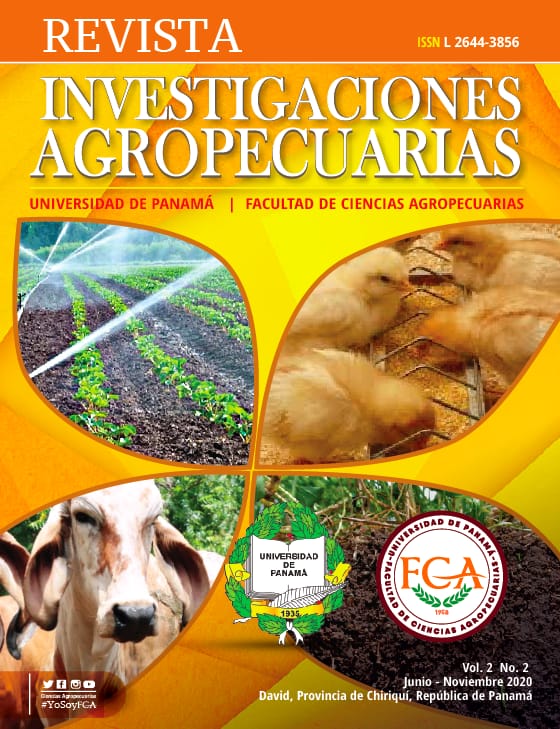

The objective of this study was to evaluate the changes in pH, exchangeable aluminum and available phosphorus of an ultisol by effects of inoculation with Bacillus subtilis. for 120 days making destructive samplings every 30 days, in a greenhouse in the Faculty of Agricultural Sciences, University of Panama, Chiriqui towns. A completely random design with a factorial arrangement was used, in which five treatments were used with Vigna sinensis bean plant and five treatments without plants: control, 1x106, 1x107, 1x108 and 1x109 colony forming units. There were no significant effects (p> 0.05) by treatments in any of the variables. The time sampling, it presented highly significant differences (p <0.01) in all the variables being 30 days the pH was increased from 4.46 to 5.34 and the exchangeable aluminum concentration decreased from 1.93 cmol(+)/kg soil to 0.0018 cmol(+)/kg soil. The concentration of bacteria increased from 0.5x108 to 1.75x108 colony-forming units in the first 30 days of the study and then decreased to values close to the initial. When comparing the effects of the presence of plants, highly significant effects were observed in the pH and the available phosphorus concentration; the pH was higher in treatments without plants and the concentrations of phosphorus available in the soil were higher in plant treatments. It is concluded that the presence of B. subtilis causes favorable changes in the pH and the exchangeable aluminum concentration of the soil; but as the concentration of bacteria decreases, the effects that it causes in the soil also decreases.